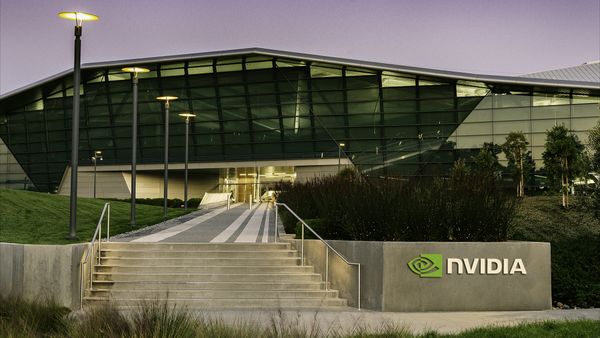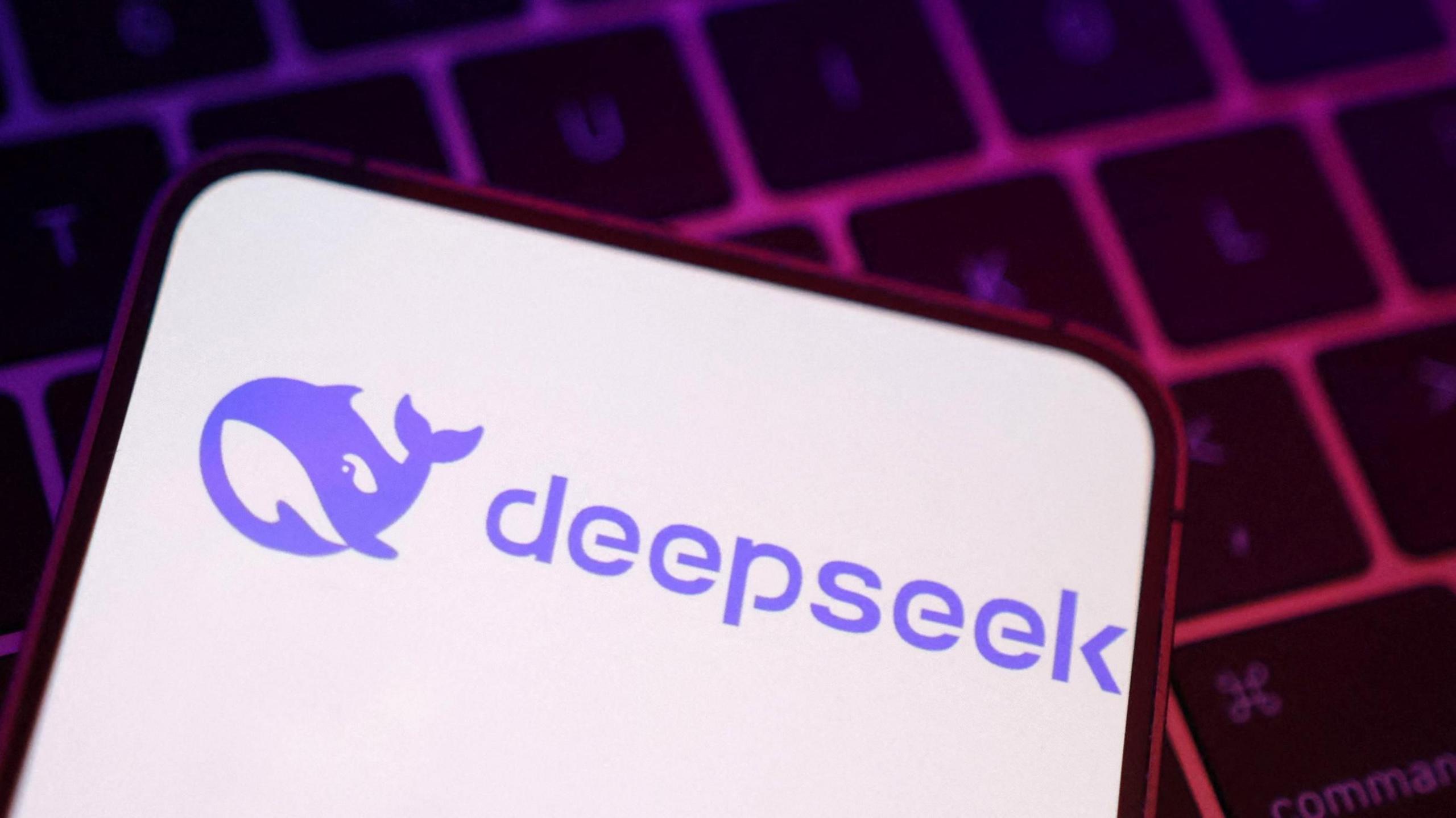In an unexpected turn of events that could be described as an AI market earthquake, the Chinese startup DeepSeek has emerged as a formidable challenger to the dominance of America's tech giants, particularly impacting NVIDIA's stock price.
DeepSeek, a relatively new entrant in the AI arena, has managed to develop an AI model that not only rivals the capabilities of established players like OpenAI's ChatGPT but does so with significantly less investment, both in terms of time and money. This development has caused a seismic shift in investor confidence, leading to a dramatic drop in NVIDIA's share value.
Impact on NVIDIA
NVIDIA, the chip giant that has been at the forefront of the AI revolution, saw its shares plummet by over 12% in pre-market trading on Monday, potentially erasing a staggering $432 billion from its market capitalization if losses hold. This plunge comes on the heels of DeepSeek's announcement that their AI model was developed using less advanced chips, challenging the narrative that high-end, expensive hardware is necessary for cutting-edge AI performance.
The ripple effect was felt across the board, with other semiconductor companies like ASML and ASM International also witnessing sharp declines in Europe. This scenario underscores a broader concern: has the tech industry been overspending on AI infrastructure, possibly inflating stock values unsustainably?
DeepSeek's Strategy
What makes DeepSeek particularly alarming for investors is not just its performance but its cost-effectiveness. Reports suggest that DeepSeek developed its model for under $6 million, a fraction of what it typically costs U.S. companies. This efficiency could potentially lead to a reevaluation of capital expenditures on AI by major tech firms, questioning the need for the billions poured into hardware from companies like NVIDIA.
DeepSeek's open-source approach, making their AI technology freely available, further disrupts the market. This strategy not only democratizes AI but also raises questions about the business models of companies that rely on proprietary, high-cost solutions. It's a classic case of innovation from unexpected quarters, reminiscent of the scrappy startup ethos that once defined Silicon Valley, now emanating from Hangzhou.
Market Reaction and Future Outlook
The market's reaction has been swift and severe, with posts on X indicating a broad sentiment of shock and reassessment among investors. The sell-off isn't just limited to NVIDIA; it's a vote of no confidence in the broader AI hardware investment thesis. Analysts are now debating whether this is a temporary dip or a sign of a more profound shift in how AI is built and monetized.
For conservative investors, this situation is a stark reminder of the risks associated with tech bubbles and the importance of diversification. The narrative of endless growth in AI hardware demand has been punctured, suggesting that perhaps the AI boom might not be as robust or as enduring as previously thought.

Strategic Implications
The strategic implications for NVIDIA are clear. They must now navigate this new reality where their primary value proposition - high-performance GPUs for AI - is under threat from more cost-effective solutions. The company needs to innovate beyond just chip manufacturing, possibly focusing on software or new AI paradigms that can't be easily replicated by competitors with fewer resources.
Moreover, this development is a wake-up call for American policymakers. With China advancing in AI, there's an urgent need for strategic reassessment to maintain technological leadership, especially in light of existing export controls that were supposed to curb such technological leaps by Chinese firms.
Conclusion
The DeepSeek phenomenon might just be the beginning of a broader realignment in the AI tech landscape. For NVIDIA, the road ahead involves not just regaining investor trust but also redefining their role in an AI market that's rapidly proving to be more dynamic and less predictable than ever before. For investors, it's a time to watch closely, invest wisely, and perhaps prepare for a more competitive, less America-centric AI future.
